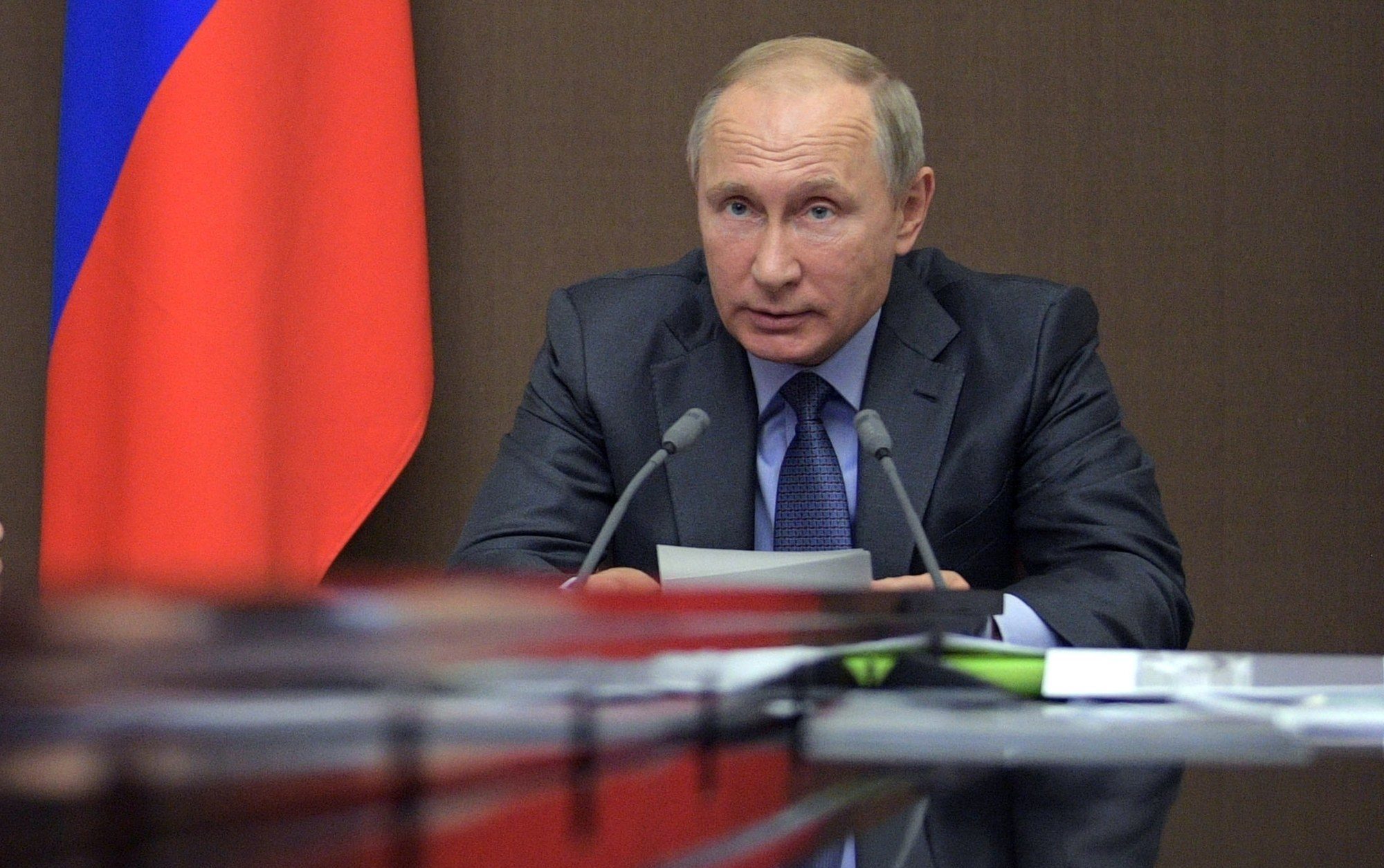Russia to Regulate Crypto While Launching its Own Oil-Backed Cryptocurrency

Russia could follow Venezuela in launching an oil-backed cryptocurrency to circumvent sanctions in international trade. Pictured: An oil rig in the Caspian Sea, Russia October 17, 2018. | Source: REUTERS/Maxim Shemetov
Russia’s State Duma is planning to pass a resolution on a pending cryptocurrency regulation bill, reported a local source.
Oleg Nikolayev, a member of the State Duma Committee on Economic Policy, said that the Russian assembly house had led cryptocurrency regulations to its final stages. In contrast to the Russian Central Bank’s conservative stance on bitcoin and other virtual currencies, Olga said that the house was working on a business-friendly framework for these assets’ integration.
https://twitter.com/stuart_xrp/status/1085567301980692480
The House is likely to pass the crypto regulation law by March, which could further pave the way for the government to launch its central bank digital currency.
Oil-Backed Cryptocurrency Announced
With Russia hinting to become a crypto-friendly state, the country is also putting its first big blockchain bet on an oil-backed cryptocurrency.
According to former energy minister Igor Yusufov, Russia is in the final stages of issuing a cryptocurrency-version of the petrodollar.

The Fund Energy founder told Rambler that they were looking to bypass the trade and other financial restrictions. He also claimed that other oil-producing countries were also aiming to increase their oil and gas exports without relying on a US Dollar-pegged petrodollar. Excerpts from his statement:
“OPEC + member countries control more than 2/3 of the world’s oil reserves. Such a union in their own interests will be not only logical but also economically justified.”
Launch in CIS Countries
Oil producing countries like Russia, Iran, and Venezuela, are currently facing economic sanctions imposed during Donald Trump’s tenure as the US president. Venezuela, for instance, attempted to circumvent the sanctions and announced their oil-backed cryptocurrency called Petro. Nevertheless, President Trump signed an executive order banning any US Dollar-based financial transaction involving Petro .
On the other hand, Russia is looking more cautious when it comes to expanding its crypto oil project. Yusufov said that they would first launch the crypto oil project in the CIS countries. The move would minimize US interference in their plan. At the same time, it would allow the government to set up a framework first between energy producers and consumers in CIS.
“In this regard, one should not forget about the current Intergovernmental Agreement between the Russian Federation and Turkmenistan on cooperation in the gas sector until 2028 and the relevant contract for the purchase of Turkmen gas by Gazprom,” explained Yusufov. “Therefore, in the case of the project, such a center can become the first global center of cryptocurrency with real security.”
How do you think the Intergovernmental disputes between the US and other nations would play out? Tell us in the comment box below.